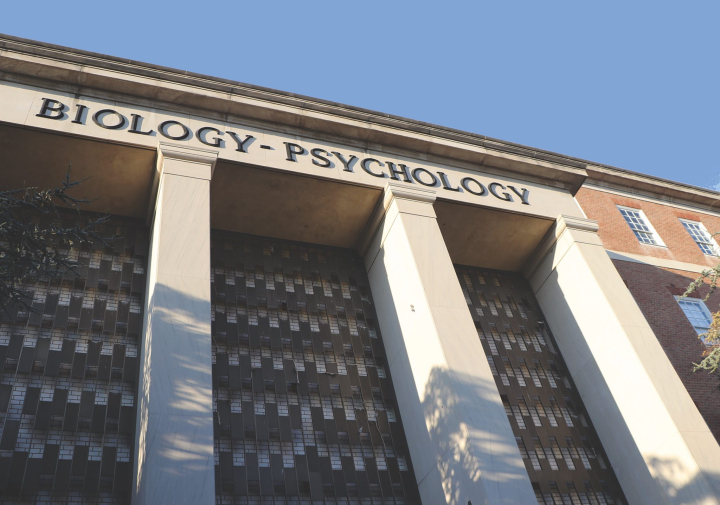UMD Researchers’ ‘Nose on a Chip’ Device Could Technologically Replicate Sense of Smell
A team of researchers from the University of Maryland is developing a portable device to identify different odors throughout an environment.
Funded by a four-year, $2 million grant from the National Science Foundation, the “nose on a chip” project aims to develop a device that uses living cells to detect scents. According to project leader and mechanical engineering professor Elisabeth Smela, creating an artificial nose is important because scent is one of the five senses that technology has yet to replicate.
“On our cellphones we have cameras, we have microphones, we have gyroscopes, we have accelerometers,” Smela said. “We don’t have a nose.”
Once developed, the device could detect spoiled food, drugs and bombs, help diagnose diseases and come in handy for search and rescue purposes, according to Smela.
Working alongside Smela on the project are biology professor Ricardo Araneda, electrical and computer engineering professor Pamela Abshire, computer science assistant professor Abhinav Shrivastava and David Tomblin, who directs the College Park Scholars science, technology and society program.
Click HERE to read the full article
The Department welcomes comments, suggestions and corrections. Send email to editor [-at-] cs [dot] umd [dot] edu.
